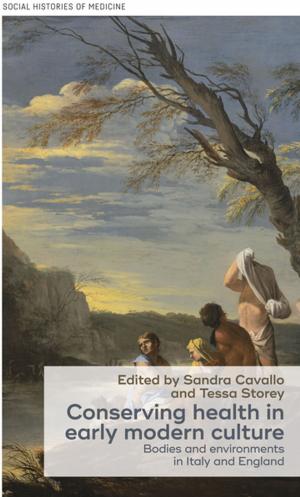Popular virtue
Continuity and change in Radical moral politics, 1820–70
Nonfiction, History, Modern, 19th Century, Social & Cultural Studies, Political Science| Author: | Tom Scriven | ISBN: | 9781526114778 |
| Publisher: | Manchester University Press | Publication: | July 30, 2017 |
| Imprint: | Manchester University Press | Language: | English |
| Author: | Tom Scriven |
| ISBN: | 9781526114778 |
| Publisher: | Manchester University Press |
| Publication: | July 30, 2017 |
| Imprint: | Manchester University Press |
| Language: | English |
Popular virtue is the first in-depth study of the changing nature of moral politics within working-class Radicalism between 1820 and 1870. Through study of the lives, activism and intellectual influences of a number of key leaders of working-class Radicalism, this book highlights how Radicalism's attitudes to morality and everyday life shifted from a festive and libertarian culture that advocated sexual liberty and gender equality in the 1820s-30s to a more austere and ascetic politics that emphasized moral improvement, temperance and frugality after the 1840s. Despite the fracturing of this culture with the decline of Chartism in the 1850s, Popular virtue highlights how the moral politics of the 1840s possessed important legacies in not only the politics of Popular Liberalism and the Reform League but also in heterodox medicine and self-help.
Popular virtue is the first in-depth study of the changing nature of moral politics within working-class Radicalism between 1820 and 1870. Through study of the lives, activism and intellectual influences of a number of key leaders of working-class Radicalism, this book highlights how Radicalism's attitudes to morality and everyday life shifted from a festive and libertarian culture that advocated sexual liberty and gender equality in the 1820s-30s to a more austere and ascetic politics that emphasized moral improvement, temperance and frugality after the 1840s. Despite the fracturing of this culture with the decline of Chartism in the 1850s, Popular virtue highlights how the moral politics of the 1840s possessed important legacies in not only the politics of Popular Liberalism and the Reform League but also in heterodox medicine and self-help.















